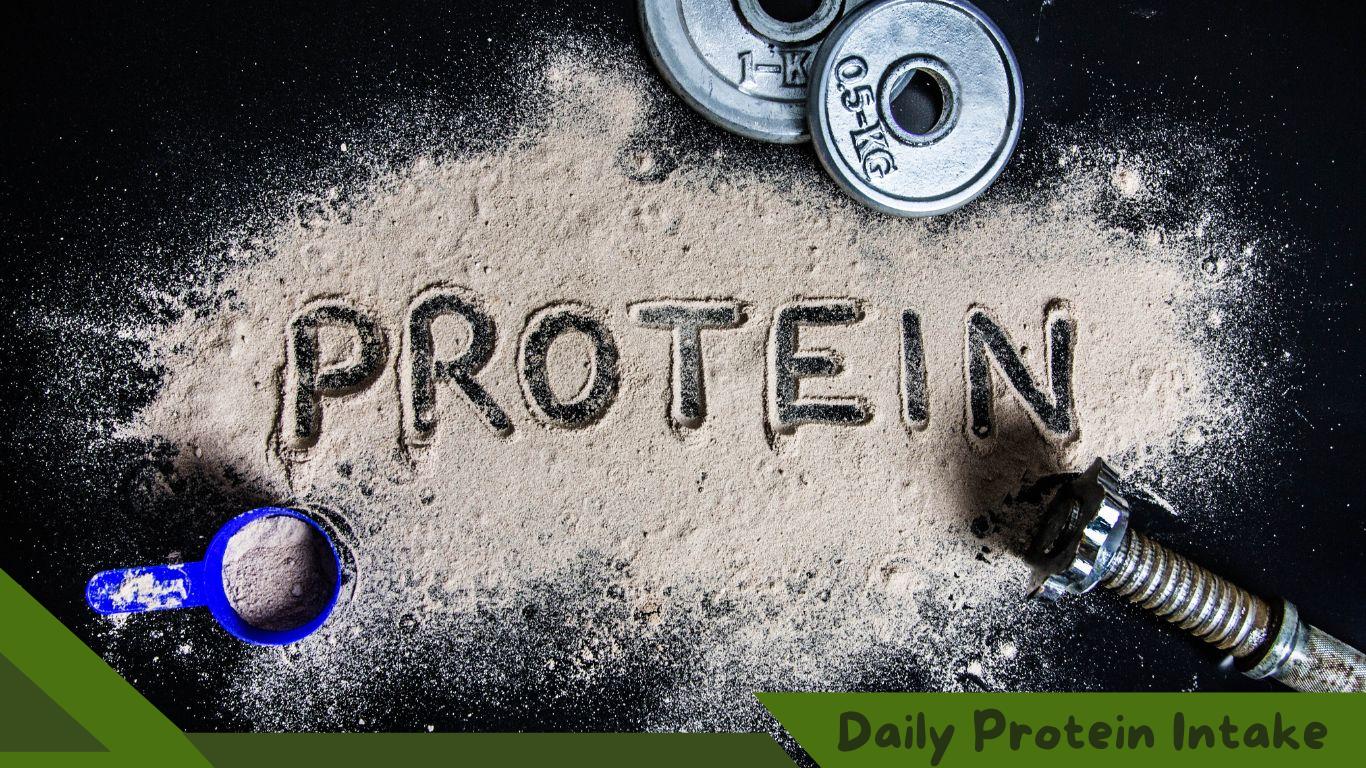Maximizing Your Fitness Goals with the Right Protein Intake

Do you feel like you’re not making progress with your workouts? Maybe you can’t build muscle as you’d like. Consider changing how much protein you eat. Protein is important for building muscles. You can achieve your fitness goals by eating the right amount and type of protein. In this article, we’ll talk about protein. We’ll cover its benefits, how much you need, what are the best sources, and how to add it to your diet.
The Benefits of Protein
Your body needs protein to build and repair muscles, tissues, and organs. It’s essential. It also helps regulate your hormones, enzymes, and immune system. Eating protein can help you lose weight. It makes you feel less hungry, boosts metabolism, and stops muscles from shrinking.
How Much Protein Do You Need?
The amount of protein you need depends on your age, sex, weight, and activity level. A general guideline is to consume 0.8 grams of protein per kilogram of body weight per day. If you’re an athlete or do lots of physical activity, you may need more protein to help your muscles grow and heal. Athletes should eat 1.2 to 2.0 grams of protein per kilogram of their body weight every day.
The Best Sources of Protein
There are many sources of protein, both animal-based and plant-based. Animal-based sources of protein include meat, poultry, fish, eggs, and dairy products. Plant-based sources of protein include legumes, nuts, seeds, and soy products. It is important to choose protein sources that are lean and low in saturated fat. There are many types of lean protein. Some examples are chicken breast, fish, egg whites, and beans.
Incorporating Protein into Your Diet
There are many ways to incorporate protein into your diet. One easy way is to add protein powder to smoothies or oatmeal. Another way is to have a protein-rich snack, such as a hard-boiled egg or a handful of nuts. You can also make sure that each meal contains a source of protein, such as grilled chicken or tofu.
Timing Your Protein Intake
When you consume protein is just as important as how much protein you consume. Consuming protein within 30 minutes of a workout can help repair and build muscle. Protein is important all day to keep muscles strong and reduce hunger.
Conclusion:
To sum up, protein is needed for muscles to grow and recover, hormones to stay balanced, and to help lose weight. The amount of protein you need depends on your age, sex, weight, and activity level. There are many protein sources to choose from, including plants and animals. It’s important to pick lean options. To get protein in your diet, add protein powder to smoothies, have snacks high in protein, or include a source of protein in your meals. Timing your protein intake can also help maximize its benefits.
FAQs:
Q1. What happens if you consume too much protein?
Consuming too much protein can lead to kidney damage, dehydration, and weight gain.
Q2. Can you get enough protein on a plant-based diet?
It’s possible to have enough protein in a plant-based diet. You can include legumes, nuts, seeds, and soy products as protein sources.
Q3. Is it better to consume protein before or after a workout?
Consuming protein after a workout can help repair and build muscle.
Q4. Can protein supplements be harmful?
Consuming too many unsafe additives in protein supplements may cause harm.
Q5. What are some high-protein snacks?
Some high-protein snacks include hard-boiled eggs and Greek yogurt.
Q6. How can I tell if I’m getting enough protein?
You can keep a food journal or use a nutrition app to track how much protein you are eating. This helps you make sure that you are getting enough protein that your body needs.
Q7. Can consuming protein help with weight loss?
Protein can help you lose weight. It makes you feel less hungry, raises your metabolism, and keeps your muscles strong.
Q8. How much protein should I consume before a workout?
Before exercising, consuming protein can give you energy and help your muscles grow. Experts suggest eating 0.25-0.4 grams of protein per kilogram of body weight.
Q9. Can consuming too little protein have negative effects?
Not all protein can lead to lost muscles, weak immunity, and slow healing of wounds.
Q10. Is it necessary to consume protein immediately after a workout?
Eating protein within 30 minutes after exercising can help repair and grow muscles. But if you get enough daily protein, you don’t have to do it right away.



